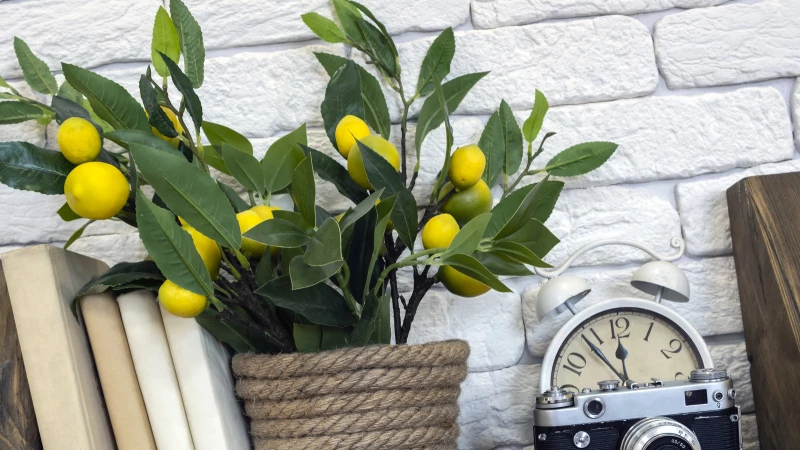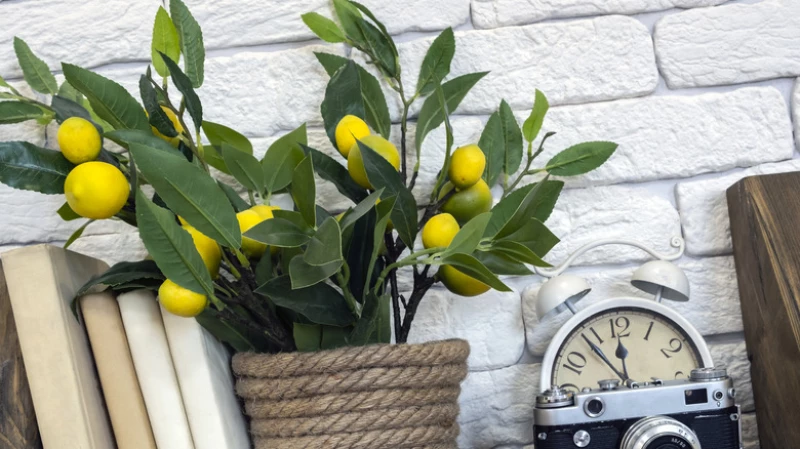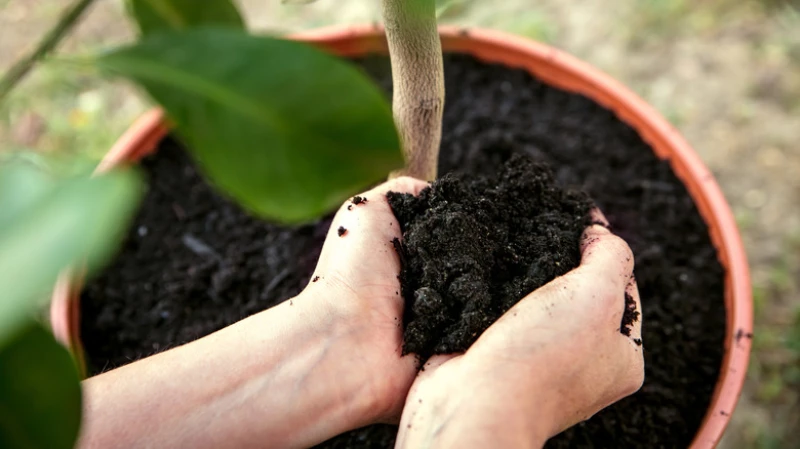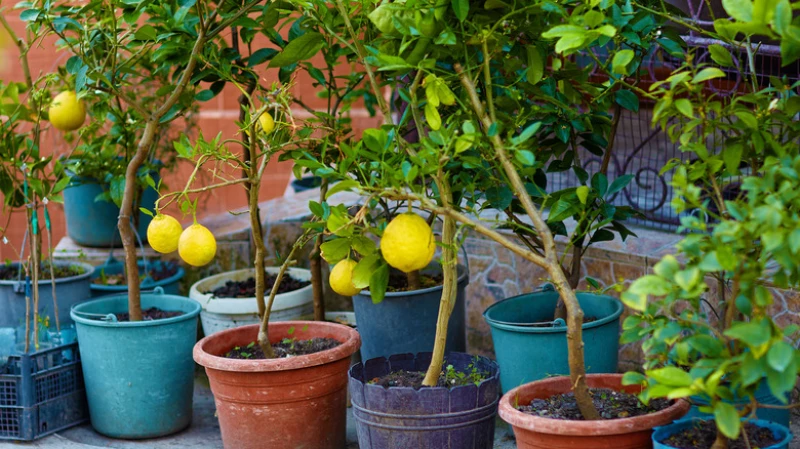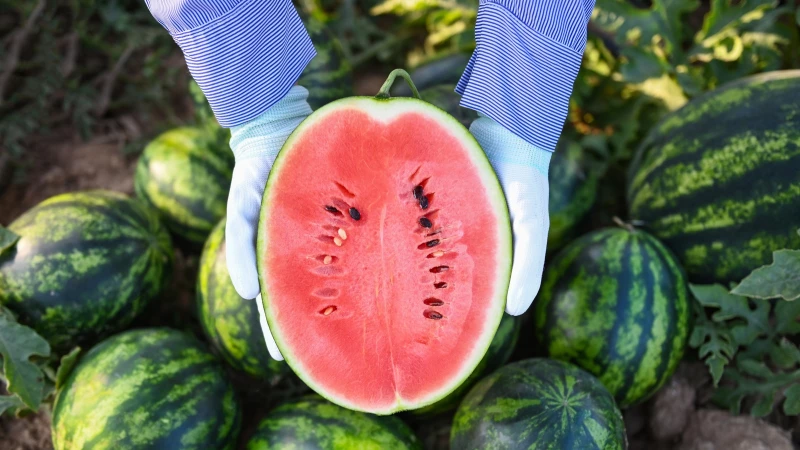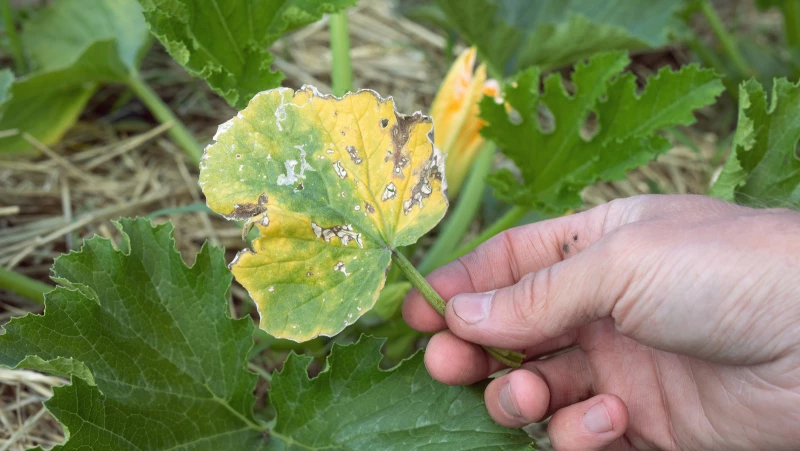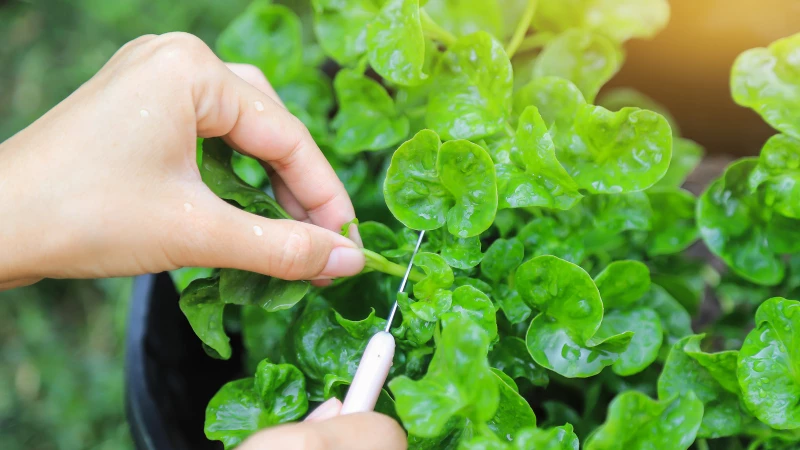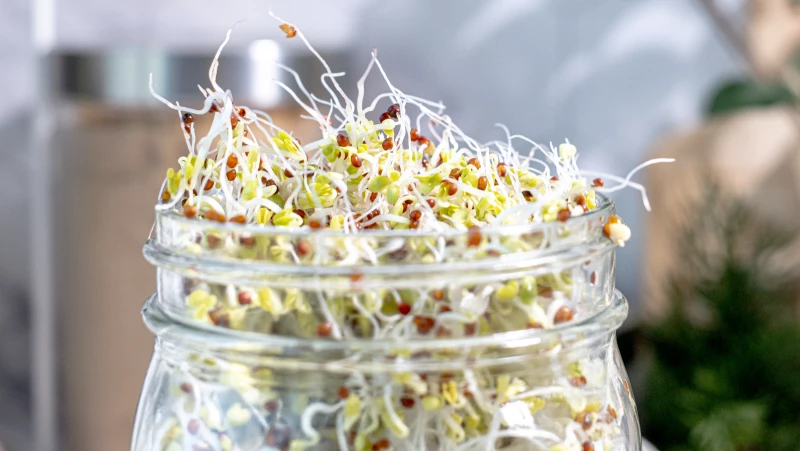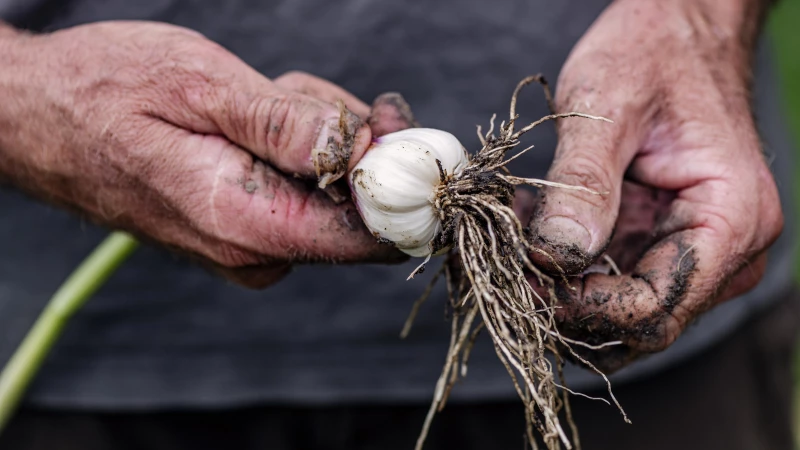Tips for Growing Citrus Trees Indoors
If you enjoy the tangy and zesty taste that fresh citrus fruits add to your dishes and beverages, consider growing your own citrus tree indoors. Whether it's lemons, limes, oranges, or tangerines, nurturing a potted citrus tree can be a rewarding experience. Even in colder climates, with the right care, you can keep your citrus tree healthy and fruitful for years to come.
Before embarking on this indoor gardening journey, remember that you will be responsible for the tree's essential needs: water, soil, sunlight, and temperature. Select a dwarf variety of the citrus fruit you prefer to ensure the tree remains a manageable size. Since most regions in the U.S. face frosty conditions, it's advisable to place your container on wheels for easy mobility. This way, you can move your tree outdoors to soak up the sun during warmer seasons and bring it indoors for protection from the cold and winter chill.
Starting with the right pot size is crucial for the health of your citrus tree. Begin with a 10- to 14-inch pot to ensure proper root growth. A pot that is too small will hinder root development, while one that is too large can make it challenging to control moisture levels. Adequate drainage is essential for your plant's well-being. If the pot drains slowly after watering, consider drilling more holes at the bottom to prevent waterlogged roots, which can lead to rot and mold. When roots start to outgrow the pot, it's time to upgrade to a larger one, typically 16 to 20 inches in diameter.
Citrus trees usually start bearing fruit when they are three to six years old. Opting for a tree rather than growing from seed can give you a head start. Most citrus trees are self-fertile and flower during warmer periods with consistent watering. Hand pollination can also help boost fruit production. When selecting potting soil, choose a light and loamy mix from garden centers or specialty suppliers. Avoid using heavy soil from your yard, as it retains too much moisture. The ideal soil should have a sandy texture without large clumps or excessive moisture.
Keep lighting conditions and temperature consistent
Citrus trees are like sun-seekers. They long for at least eight hours of sunlight every day. Position your citrus tree near a window where it can bask in natural light throughout the day. For those in regions with less sunlight during winter, consider using a grow light to keep your citrus tree content. During summer, you can move your indoor tree outside, but be cautious. Even a tree that loves light can suffer from sunburn if suddenly exposed to direct sunlight after weeks indoors. Place your citrus tree in a spot with bright but indirect sunlight on your porch or patio to enjoy the benefits of sunlight and warmth.
Remember, citrus trees are quite similar to us. They can endure colder temperatures if necessary but thrive in a warmer setting. When outdoors, a mature tree can handle colder temperatures, but not freezing ones. If frost is a concern, bring your tree indoors for protection. In areas where frost or cold snaps are brief, cover your tree with frost cloth or use incandescent lights to create warmth around the tree and shield it from the cold.
Water and nutrients
If you want to grow citrus trees, it's important to know that they can live and bear fruit for decades with proper care. The health of the tree is influenced by the amount of water it receives, whether from your tap or rainfall, and the level of humidity in the environment. To keep your potted citrus tree healthy, water it twice a week. These trees thrive in sunlight, but they also need regular watering. Make sure to water the tree thoroughly until water starts draining out of the bottom. Before the next watering session, check the top 2 inches of soil with your finger. If it still feels damp, wait until the soil dries out a bit before watering again. Avoid letting the soil dry out completely, as this can harm the plant. If you notice the leaves turning yellow and curling, it's a sign of overwatering.
Citrus trees require a lot of energy to produce fruit. To ensure you get high-quality lemons or limes, fertilize your tree every four to six weeks during spring and summer, but avoid fertilizing during winter. Use a fertilizer high in nitrogen and apply it in a ring around the base of the tree. While fertilization is more crucial for young trees, mature trees benefit from annual nutrient boosts for their overall health.
When it comes to starting your citrus tree journey, consider varieties like Meyer lemons, makrut limes, Key limes, and Calamondin oranges. These options are great for beginners and can increase your chances of success. Of course, feel free to grow whatever you prefer! If you want to grow citrus similar to what you find in grocery stores, go for common varieties. Lisbon and Eureka lemons are popular choices, while Meyer lemons, a cross between a citron and a mandarin, are also well-liked for their sweeter flavor. In stores, you'll often find Persian (or Tahitian) limes, but Key limes, known for their intense flavor and smaller size, are also commonly available. Another type of lime, the makrut lime, may have bitter fruit but its highly aromatic leaves are used in various Southeast Asian cuisines, adding a unique touch to dishes.
With hundreds of orange varieties grown worldwide, some popular choices in the U.S. include navel, Cara cara, and blood oranges, as well as mandarins or tangerines. For those looking to explore more exotic options, pomelos, grapefruit, kumquats, and yuzu are all delicious choices packed with vitamin C and antioxidants. These citrus fruits not only taste great but also offer numerous health benefits. Furthermore, citrus fruits have various uses around the house, making them versatile additions to your daily life.

